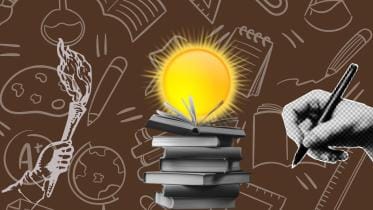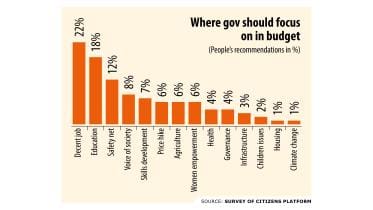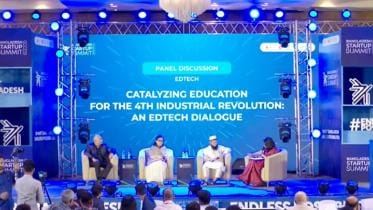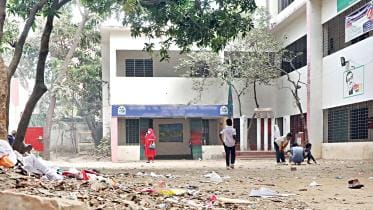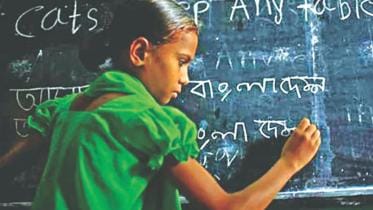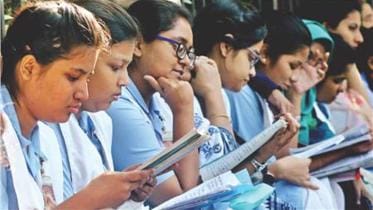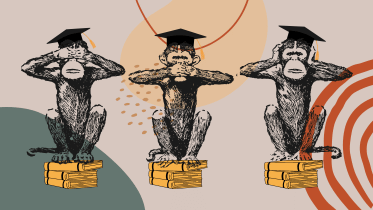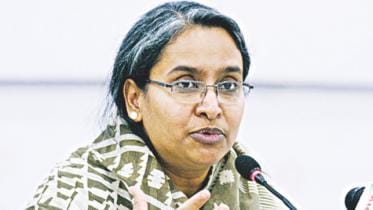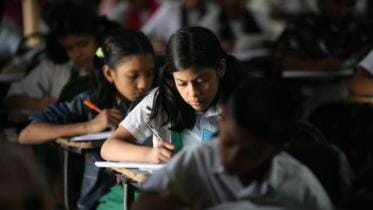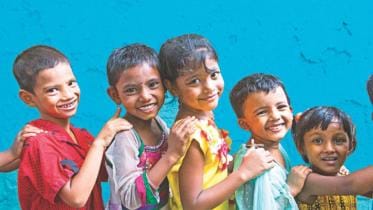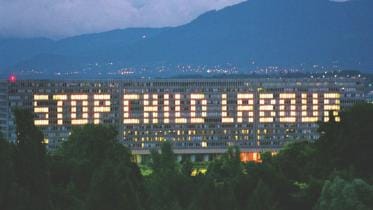quality education
Education is a shared responsibility
Education is the bedrock of personal empowerment, social equality, societal cohesion, and economic progress.
19 February 2025, 12:00 PM
Decent jobs, quality education should get top priority in budget
About 22 percent of the respondents placed top priority on decent jobs, 17.5 percent on quality education and 12 percent on social protection, said the associated report.
6 May 2024, 00:37 AM
Delivering quality education is a challenge
Delivering quality education is facing a major challenge in Bangladesh due to the imposition of shallow thinking on the mindset of children through reels and shorts, said Mahmudul Hasan Sohag, co-founder of Rokomari, an e-commerce platform.
30 July 2023, 10:21 AM
Dhaka’s uninspiring govt primary schools
The government aims to build a “Smart Bangladesh” by 2041, but without fixing our faulty public education system, how far can it achieve this goal? The human resources for Bangladesh’s future are being short-changed at the primary education level, finds The Daily Star through visits to several schools right in the heart of the capital.
10 February 2023, 18:00 PM
An innovative way to achieve quality education in Bangladesh
An innovative scheme is needed to move towards quality education within the current constraints.
27 October 2022, 16:15 PM
Education system in Bangladesh needs to change
In Bangladesh, although primary education is free and the government provides the textbooks, more than 4.3 million children aged 6-15 years are not in school.
23 June 2022, 18:00 PM
If you pay peanuts, you get monkeys
The allocation for education in the proposed budget for FY2022-23 leaves a lot to be desired.
10 June 2022, 13:39 PM
Working to reach goal of quality edu: Dipu Moni
Education Minister Dipu Moni said they are working hard to ensure quality education in all aspects, as per the direction of the prime minister.
18 April 2022, 18:00 PM
Schooling without learning is a wasted opportunity
Bangladesh has made a space for itself in the region. Over the last few decades, there has been stable economic growth underpinned by increased investments for human development, poverty alleviation, increased access to microcredit,
4 May 2019, 18:00 PM
Can Bangladesh provide quality education to its children?
The inequities that deny children their right to quality education from early childhood through adolescence can trap young people in low-skilled, poorly paid, insecure employment, among other things, which holds back economic growth and fuels inequality.
18 March 2019, 18:00 PM
Education to fight against child labour
The United Nations has announced it is marking the 2015 edition of the World Day Against Child Labour with a call for the international community to invest in quality education as a key step in the fight against child employment – a scourge that consumes over one hundred million children worldwide.
15 June 2015, 18:00 PM
